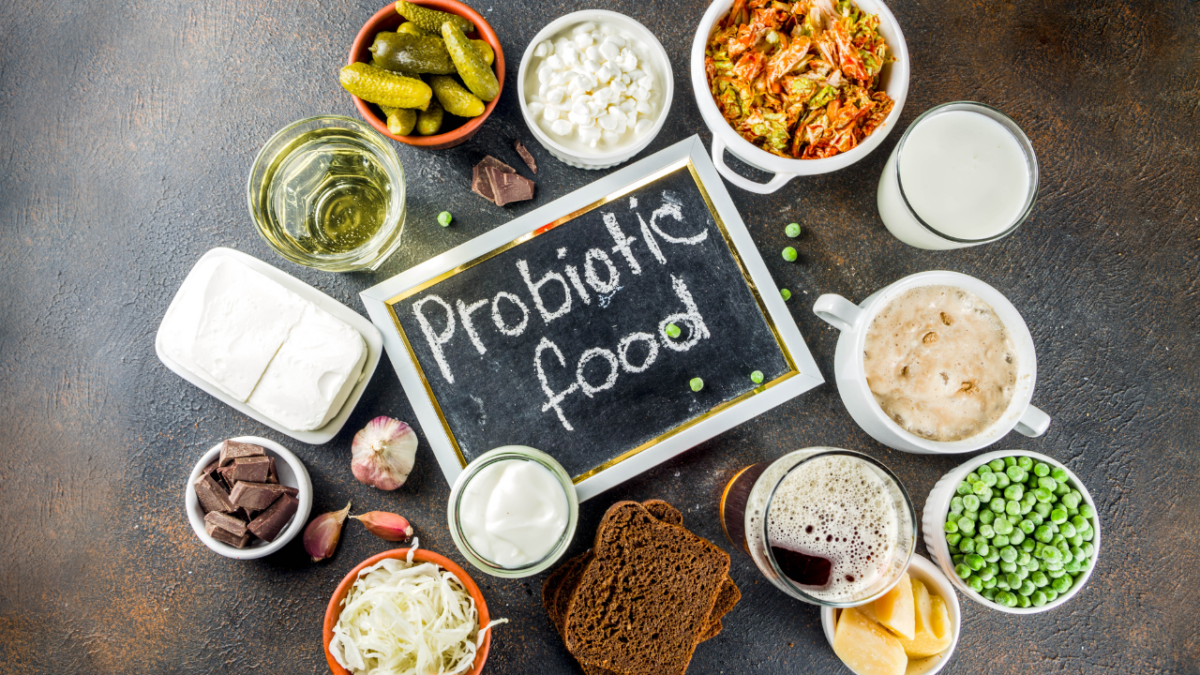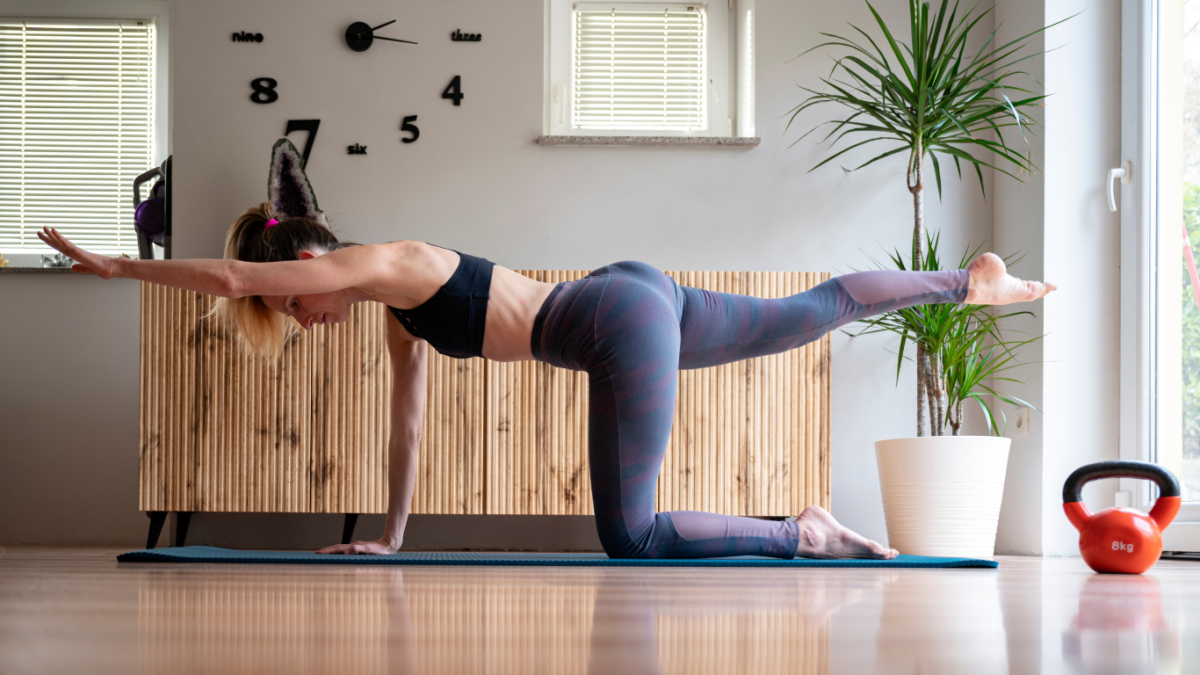Probiotic May Be Your Secret Weapon for Weight Loss
The Powerful Link Between Probiotics and Weight Loss: A Game Changer for Women in Perimenopause and Menopause
Recent studies reveal a groundbreaking connection between digestive health and weight loss. Specifically, maintaining a healthy microbiome can significantly influence how your body burns calories, stores fat, and manages insulin metabolism. This is particularly relevant for women experiencing perimenopause and menopause, stages of life often accompanied by weight gain and metabolic changes.
Probiotics: Your Secret Weapon for Weight Loss
A study examined the impact of Lactobacillus rhamnosus CGMCC1.3724 (LPR) on weight loss and maintenance in obese individuals over 24 weeks. In a double-blind trial, participants took either LPR or a placebo during 12 weeks of energy restriction followed by 12 weeks of weight maintenance. Results showed no significant overall difference in weight loss between the groups, but women in the LPR group lost significantly more weight than those on placebo and continued to lose weight and fat mass during the maintenance period. This weight loss in women was associated with reduced fat mass, lower leptin levels, and increased Lachnospiraceae bacteria. The result has shown that women who incorporated probiotics into their diet lost twice as much weight as those who didn’t.
So, how do probiotics lead to such dramatic weight loss results, and how can you make them work for you?
The Surprising Power of Gut Bacteria
Your gut flora plays a crucial role in dictating how your body handles the calories you consume. The balance of these trillions of bacteria can determine whether you are more prone to obesity and diabetes. Research shows that an imbalance of gut bacteria can set the stage for these conditions.
Moreover, diversity is key. People with a greater variety of gut bacteria tend to be slimmer than those with less diversity. Factors like diet and lifestyle significantly impact your gut microbiome, making it essential to consume foods that promote a healthy bacterial balance.
Gut Bacteria and Their Role in Fat Storage and Insulin Management
Individuals lacking in gut bacterial diversity often have more visceral fat, which is linked to serious health issues such as heart disease and metabolic disorders. Visceral fat is particularly challenging to eliminate once it accumulates.
Belly fat, or the infamous “muffin top,” is not just a cosmetic concern. It raises the risk of significant health problems. An overabundance of certain gut bacteria can lead to insulin resistance, where the body produces excessive insulin to handle carb intake, ultimately resulting in more fat storage around the belly.
How to Harness the Power of Probiotics for Weight Loss
Probiotics might be the missing piece in weight loss programs that focus solely on calorie counting. Research shows that women on traditional weight loss plans who take probiotics can lose nearly twice as much weight as those who don’t. Additionally, the reduction in “bad” bacteria helps maintain this weight loss.
To effectively change your microbiome for better weight loss, start with probiotics to replenish beneficial bacteria and crowd out harmful ones. Your diet plays the most crucial role in maintaining this balance, though probiotic supplements can provide a valuable boost.
Foods to Avoid for a Healthy Microbiome
- Sugary and Processed Foods: Low in fiber and high in sugar, these foods can promote yeast growth, gas, and bloating.
- Red Meat: Excessive amounts can feed harmful bacteria and contribute to high saturated fat intake.
- Dairy: Can disrupt gut flora and cause inflammation.
- Alcohol: Can irritate the gut lining and cause bacterial imbalances.
Foods to Embrace for a Healthy Microbiome
- Fiber-Rich Foods: Vegetables, fruits (with skin), beans, lentils, nuts, and whole grains support good bacteria and intestinal health.
- Prebiotic Foods: Onions, garlic, leeks, asparagus, artichokes, chicory, and whole grains fuel probiotics.
- Fermented Foods: Yogurt, kefir, raw sauerkraut, kimchi, and kombucha provide beneficial bacteria.
Takeaway
Probiotics can be a game-changer for women experiencing perimenopause and menopause, particularly when it comes to weight management. Hormonal fluctuations during these life stages often lead to weight gain, especially around the midsection. By promoting a balanced gut microbiome, probiotics help manage calories, store fat efficiently, and regulate insulin metabolism, leading to more effective weight loss.
Beyond weight loss, probiotics enhance overall health by improving digestion, boosting the immune system, and positively affecting mood and mental health. These benefits can help manage other menopause symptoms like mood swings and fatigue.
Incorporating probiotics into your routine can lead to better health outcomes, more effective weight management, and an improved quality of life, especially during perimenopause and menopause. Give probiotics a try and see the positive changes they can bring.


